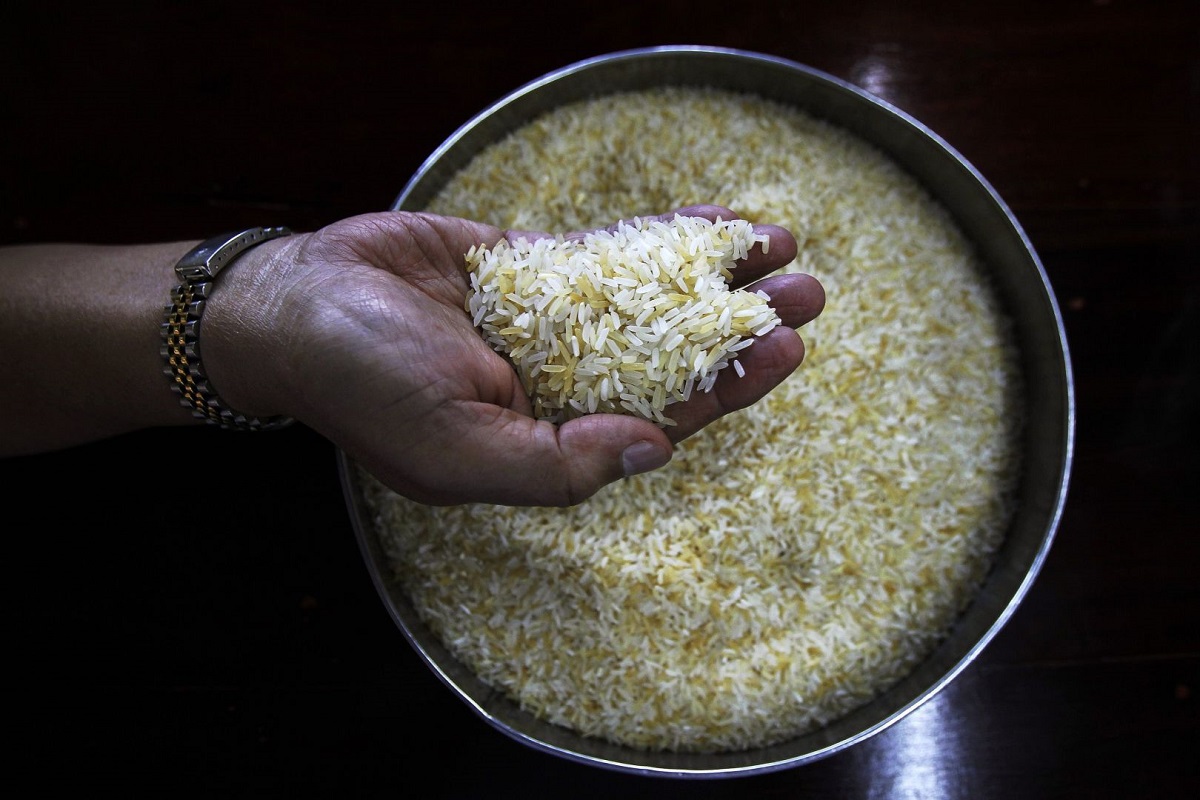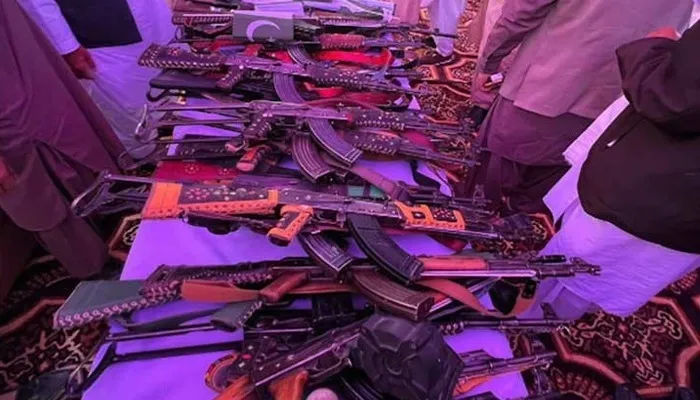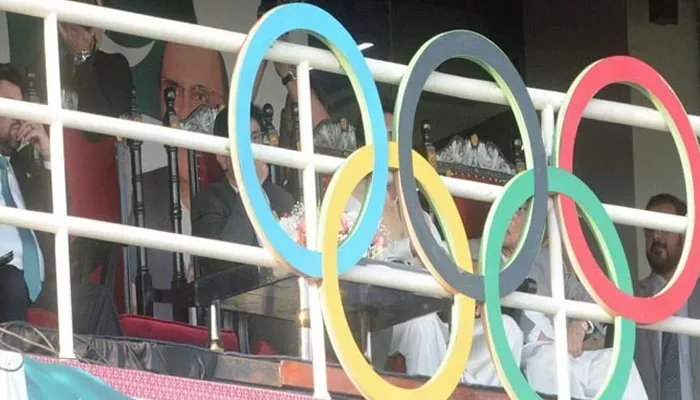- India bans export of 100% broken rice and imposes a 20% levy on exports of various grades.
- Basmati and parboiled rice exempt from the export tariff, which will take effect on September 9.
- New tax will probably deter customers from buying from India and lead them to rivals Thailand and Vietnam.
India, the world’s largest exporter of the rice, tried to increase supplies and stabilize local prices on Thursday after planting was hampered by below-average monsoon rainfall by banning the sale of broken rice and imposing a 20% levy on exports of various grades of the grain.
The new tax will probably deter customers from buying from India and lead them to rivals Thailand and Vietnam instead, which have been battling to boost shipments and raise costs.
Basmati and parboiled rice are exempt from the export tariff, which will take effect on September 9.
Additionally, New Delhi outlawed the export of 100% broken rice, which several underdeveloped African nations import for domestic consumption even though it is primarily used for animal feed.
White and brown rice, which make up more than 60% of India’s exports, will be impacted by the tariff, according to B.V. President of the All India Rice Exporters Association, Krishna Rao.
“With this duty, Indian rice shipments will become uncompetitive in the world market. Buyers will shift to Thailand and Vietnam,” Rao said.
India competes with Thailand, Vietnam, Pakistan, and Myanmar for market share of more than 40% of the world’s rice shipments.
Concerns have been raised about India’s rice output due to below-average rainfall in important rice-producing regions including West Bengal, Bihar, and Uttar Pradesh. This year, the nation has already curtailed sugar shipments and outlawed the export of wheat.
The duty will cause a decrease in Indian shipments of at least 25% in the upcoming months, according to Himanshu Agarwal, executive director of Satyam Balajee, the nation’s largest rice exporter.
Exporters request some respite from the government for contracts that have already been signed and vessels that are loading at the ports.
[embedpost slug=”/indian-chinese-troops-disengage-from-gogra-hotsprings-border/”]
















